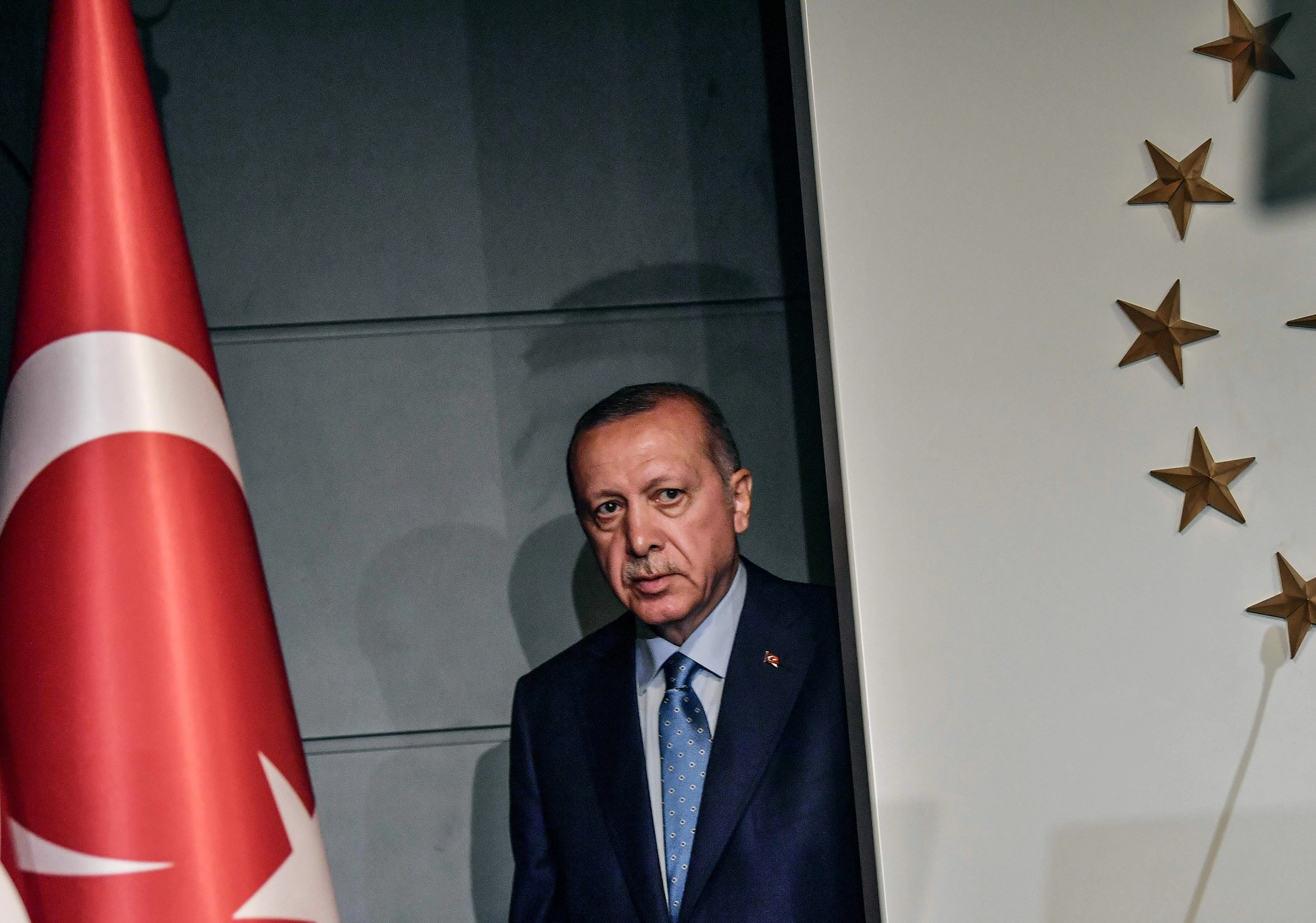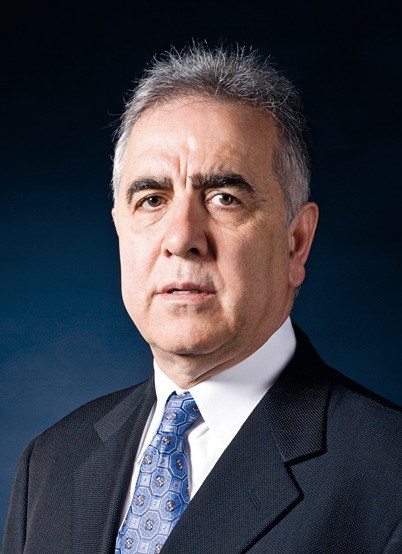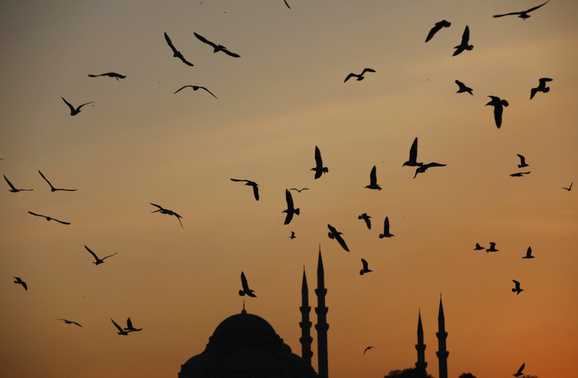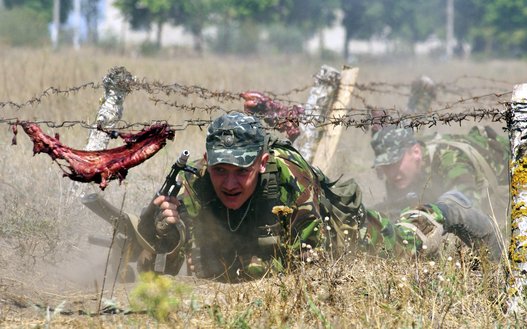
Resurgent Republicans took control of the Senate on Tuesday night, expanded their hold on the House, and defended some of the most closely contested governors’ races, in a repudiation of President Obama that will reorder the political map in his final years in office.
Propelled by economic dissatisfaction and anger toward the president, Republicans grabbed Democratic Senate seats in North Carolina, Colorado, Iowa, West Virginia, Arkansas, Montana and South Dakota to gain their first Senate majority since 2006. Senator Mitch McConnell of Kentucky, a shrewd Republican tactician, cruised to re-election and stood poised to achieve a goal he has pursued for years — Senate majority leader.
An election that started as trench warfare, state by state and district by district, crested into a sweeping Republican victory. Contests that were expected to be close were not, and races expected to go Democratic broke narrowly for the Republicans. The uneven character of the economic recovery added to a sense of anxiety, leaving voters in a punishing mood, particularly for Democrats in Southern states and the Mountain West, where political polarization deepened.
The biggest surprises of the night came in North Carolina, where the Republican, Thom Tillis, came from behind to beat Senator Kay Hagan, and in Virginia. There, Senator Mark Warner, a former Democratic governor of the state, was thought to be one of the safest incumbents in his party, and instead found himself clinging to the narrowest of leads against a former Republican Party chairman, Ed Gillespie.
Those contests were measures of how difficult the terrain was for Democrats in an election where Republicans put together their strategy as a referendum on the competence of government, embodied by Mr. Obama.
House seats where Democrats had fought off Republican encroachment for years were finally toppled. Gov. Scott Walker, a Republican, was easily re-elected in Wisconsin, a state that voted twice for Mr. Obama. In Florida, Gov. Rick Scott, once considered endangered, finished the night on top. And states that had seemingly been trending Democratic, like Colorado and Iowa, fell into Republican hands.
With at least a nine-seat gain and most likely more, House Republicans will have close to 245 seats, the largest Republican majority since the Truman administration.
“Barack Obama has our country in a ditch, and many of his lieutenants running for the Senate were right there with him,” said Reince Priebus, chairman of the Republican National Committee. “The punishment is going to be broad, and it’s going to be pretty serious.”
The breadth of the Republican victories also reset the political landscape ahead of the 2016 presidential campaign. And it left Mr. Obama with a decision to make: Will he move toward Republicans in his final years in areas of common interest, such as tax reform and trade, or will he dig in and hope Republican overreach will give his party a lane for a comeback?
“Just because we have a two-party system doesn’t mean we have to be in perpetual conflict,” vowed Mr. McConnell, in a victory speech.
White House officials accepted the overture and said Mr. Obama had invited the bipartisan leadership of Congress to the White House on Friday.
For Republicans, the victories piled up, winning not only Senate Democratic seats they were expected to take — Montana, West Virginia, South Dakota and Arkansas — but also in states that were supposed to be close. Representative Cory Gardner, a Republican, crushed Senator Mark Udall in Colorado. In Georgia, the Democrat Michelle Nunn, daughter of former Senator Sam Nunn, was widely expected to force David Perdue, a Republican businessman, into a runoff for the Senate seat of Saxby Chambliss, a retiring Republican. Instead, Mr. Perdue won more than half the vote to take the race outright.
Senator Pat Roberts, a Kansas Republican, also fended off the independent challenger Greg Orman, who just weeks ago appeared headed to victory.
Republicans Make Gains as Results Roll In

Credit Eric Thayer for The New York Times
And for Democrats, it could get worse. Votes were still being tallied in Alaska, where Senator Mark Begich, a Democrat, was trying to hold back the wave. Senator Mary L. Landrieu of Louisiana was able to force her strongest Republican foe, Representative Bill Cassidy, into a Dec. 6 runoff. But the combined vote of the top two Republicans in the race easily eclipsed hers.
“I think it’s a message from the American people about their concern about the direction of the country, and the competency of the current administration,” said Senator Rob Portman of Ohio, vice chairman of the National Republican Senatorial Committee. “Most people have voted to end the dysfunction and to get back to legislating on issues that will help them and their families, and I think that’s something that both parties need to listen to.”
One bright spot for Democrats came in New Hampshire, where Senator Jeanne Shaheen, the Democratic incumbent, fended off Scott Brown, the former Republican senator from Massachusetts, according to projections by The Associated Press. In Pennsylvania, Tom Wolf, a Democrat and political novice, easily defeated the Republican governor, Tom Corbett.
And in the panhandle of Florida, Gwen Graham, daughter of a former Democratic senator and governor, defeated Representative Steve Southerland, a Tea Party favorite.
But those high notes were swamped by the lows for the president’s party. In Arkansas, Representative Tom Cotton, a freshman Republican and an Iraq War veteran, defeated Senator Mark Pryor, despite the efforts of former President Bill Clinton.
In Colorado, Mr. Udall tried to replicate the storied ground game that helped propel his Democratic colleague, Senator Michael Bennet, to an unexpected victory in 2010. He was not even close, and drew further criticism for running a campaign that some felt was too focused on abortion rights and contraception.
And in West Virginia, Representative Shelley Moore Capito, a Republican, won the Senate seat long held by Jay Rockefeller, a Democrat, to become that state’s first female senator and the first Republican elected to the Senate from West Virginia since 1956. In Iowa, Joni Ernst also made history by becoming the first woman to be elected in that state’s congressional delegation.
Two years after handing Democrats broad victories, voters again seemed to be reaching for a way to end Washington inertia. Yet the results on Tuesday may serve only to reinforce it. Voters appeared unsure of just what they wanted, according to surveys. Among those who voted for a Democrat, only one out of eight expressed an unfavorable opinion of the Democratic Party. Republican voters were more conflicted; among those who voted Republican, one of four viewed the party unfavorably.
Mr. Obama is left with the prospect of finding a new path to work with Republicans, something for which he has shown little inclination, and Republicans must find a way to demonstrate they are more than the party of “no.”
Even though a record $4 billion poured into the election — from the campaigns, parties and outside groups for advertising and other candidate support — the money did little to stir enthusiasm as the campaign set a more dubious mark for its low levels of voter interest.

Voters Around the Nation on Election Day
Voters in Manchester, N.H., Manhattan Beach, Calif., Overland Park, Kan., Greensboro, N.C., Arlington, Va., and Miami spoke out from polling stations on Tuesday.
Video by Quynhanh Do on Publish Date November 4, 2014. Photo by Frederic J. Brown/Agence France-Presse — Getty Images.
For their part, Democrats were hindered by their inability to persuade members of the coalition that delivered the White House to Mr. Obama — young voters, women and minorities — to turn out at levels seen in presidential elections. Decisions like Mr. Obama’s delay of executive action on behalf of illegal immigrants also angered crucial constituencies.
Even the president conceded the steep climb his allies faced.
“This is possibly the worst possible group of states for Democrats since Dwight Eisenhower,” Mr. Obama told a Connecticut public radio station on Tuesday. “There are a lot of states that are being contested where they just tend to tilt Republican.”
Democratic midterm losses during the Obama presidency now rival those of both Richard M. Nixon in 1974 and Bill Clinton in 1994 as the most destructive to his party’s political standing in Congress in the post-World War II era. It was a stunning reversal for the president, who was the first Democrat since Franklin D. Roosevelt to twice win a majority of the national vote.
“The top issue is not jobs and the economy; it’s ending gridlock in Washington,” said Mr. Portman. “Second, there is a desire to hold the administration accountable for incompetence on issues like ISIS and Ebola. I don’t think those goals are inconsistent.”
With the political climate and the electoral map playing to their decided advantage, Republicans were determined not to relive the elections of 2010 and 2012, when infighting between establishment Republicans and Tea Party insurgents damaged the party’s brand and elevated candidates who could not win.
From the beginning, party officials decided to take sides when fierce primary challenges emerged. The party establishment crushed challengers to Mr. McConnell in Kentucky, and to Senators Lindsey Graham in South Carolina and Lamar Alexander in Tennessee.
The establishment also sent reinforcements to help Senator Thad Cochran eke out a runoff victory against a Tea Party firebrand in Mississippi; cleared the Republican field for Mr. Gardner in Colorado; and backed winning primary candidates in Iowa, North Carolina, New Hampshire and Alaska.
Democrats tried to distance themselves from the president’s health care law and economic policies, despite signs that both may be working. In Colorado, Mr. Udall relied on the playbook that propelled his Colorado colleague and Democratic Senatorial Campaign Committee chairman, Senator Michael Bennet, to victory in 2010, speaking almost exclusively about abortion rights and contraception. That cost him the endorsement of The Denver Post, which castigated him for an “obnoxious, one-issue campaign.”
Lost was Mr. Udall’s work in the Senate opposing Mr. Obama’s policies on security surveillance and privacy.
In Kentucky, Alison Lundergan Grimes, considered a strong challenger to Mr. McConnell, lost some support when she refused to say whether she voted for Mr. Obama, and ran a risk-averse campaign.
But mainly, Democrats were working off a map heavily tilted toward Republicans in states like West Virginia, South Dakota, Montana, Arkansas and Alaska, in a year when disengaged, frustrated voters and Mr. Obama’s low approval ratings were inevitably going to be a millstone.
An earlier version of a slide show that appeared with this article on the home page and politics section of NYTimes.com misstated the office of Jeanne Shaheen. She is in the Senate, not the House. An earlier version of this article also misstated the location of a town where one woman voted. It was Salem, N.H., not Salem, Mass.






